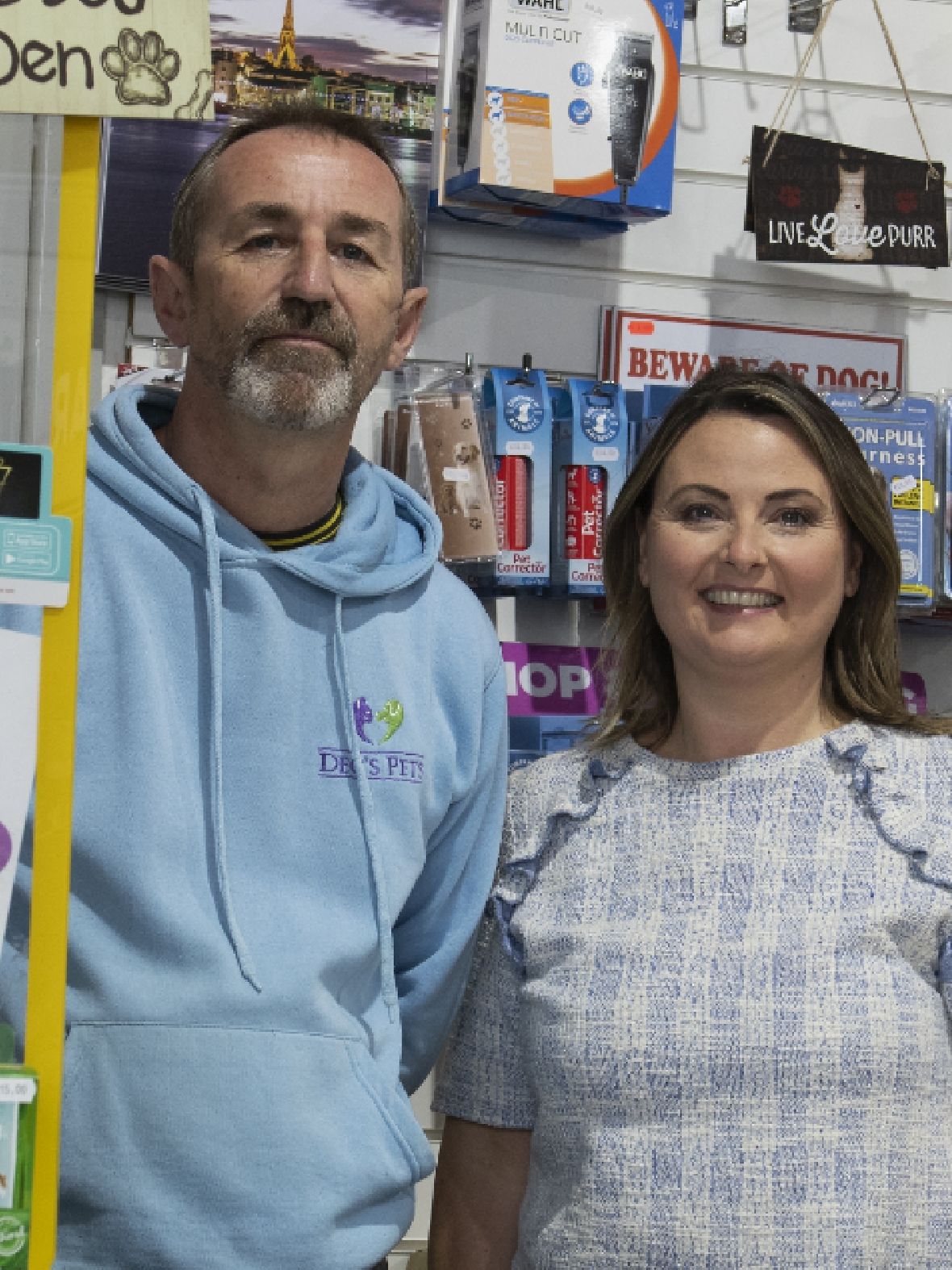What is a CMS?
A content management system (CMS) is a software application which allows users to create, modify and publish content on a website, without any specialised technical knowledge. If a CMS is custom – as opposed to open-source, like Wordpress, or SaaS, like Wix or Shopify – it has been built specifically to the user’s requirements, taking into consideration the unique functionality and design of their website.
Why are they important?
CMSs allow businesses to create, edit and publish content online to a website or blog. They play a crucial role in the online copywriting space. Below are a few reasons:
- No coding knowledge needed - By using a CMS you no longer require a web developer to change and modify content, so you can customise everything yourself.
- Quick deployment - Draft, edit and publish content pieces with the press of a button, which reduces turn around times for content publication.
- SEO-friendliness - Many CMS platforms come with built-in SEO tools to optimise your content for search engines, helping you boost your rankings.
- Marketing power house - CMS platforms provide plugins that let you connect to your marketing tools to help lead generation & improve your social media presence.
- Increased ROI - Although the development of a CMS might be more investment in the short term, it pays in the long term as you’re able to edit content freely.
CMS vs static websites
The term ‘static’ means that the website is fixed and the content cannot be changed without developer intervention. On the other hand, CMS platforms allow dynamic content creation and management. Static sites suit basic needs, but CMS platforms are much better suited for businesses who need to post and edit content regularly. To find out more about this, read our article: Custom CMS development – Is it right for your website?
Headless architecture
For projects that require a higher degree of flexibility and scalability, as well as delivery across various channels, you might consider a headless CMS like PayloadCMS or Strapi. Unlike traditional CMSs where the backend and frontend are tightly connected, a headless CMS separates these two, allowing for greater flexibility in how and where the content is displayed.
Developers can use any technology or framework to build the frontend, retrieving content from the headless CMS via API calls. This makes it ideal for multichannel content delivery across websites, mobile apps and IoT devices.
Ultimately, a headless CMS approach allows for a much more robust, secure and faster platform as decouples the front-end presentation layer from the back-end content management system, enabling greater flexibility and scalability.

















